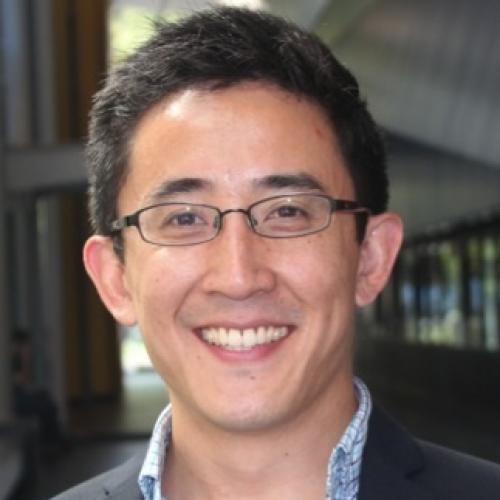
Seminar in Biomedical Engineering
Abstract
Developing biomedical technologies focused on profiling immune repertoires, sensing cell activities in living systems and augmenting cellular responses
Bio
Dr. Kwong is an Assistant Professor in the Wallace H. Coulter Department of Biomedical Engineering at Georgia Tech School of Engineering and Emory School of Medicine. He is a member of the Institute for Electronics and Nanotechnology, Integrated Cancer Research Center, Georgia ImmunoEngineering Consortium, and the Parker H. Petit Institute for Bioengineering and Bioscience. As director of the Laboratory for Synthetic Immunity (LSI), Dr. Kwong leads a multidisciplinary team dedicated to advancing human health by merging engineering approaches with discoveries in immunology. His lab pioneers powerful new technologies to address frontier clinical challenges – including ultrasensitive diagnostics for early detection of disease, engineered T cells as curative therapies, and high-throughput tools to study rare immune cells. His research directly impacts a broad range of complex human diseases including cancer, organ transplant rejection, and infectious diseases. His work has been published in leading scientific journals such as Nature Biotechnology and Nature Medicine, and broadly covered by the media including The Economist, NPR, BBC, and WGBH-2, Boston’s PBS station.
The questions that are central to his exploration include: How do we begin to study an individual's repertoire of well over one billion immune cells when current technologies only allow us to study a handful of cells at a time? What are the biomarkers of immunological health as the body responds to disease and ageing, and how may these indicators trigger clinical decisions? And how can we genetically rewire immune cells to provide them with entirely new functions to better fight complex diseases such as cancer? To aid in his studies, he uses high-throughput technologies such as next-generation sequencing and quantitative mass spectrometry, and pioneer the development of micro- and nanotechnologies in order to achieve our goals. He focuses on clinical problems in cancer, infectious diseases and autoimmunity, and ultimately strive to translate key findings into therapies for patients.